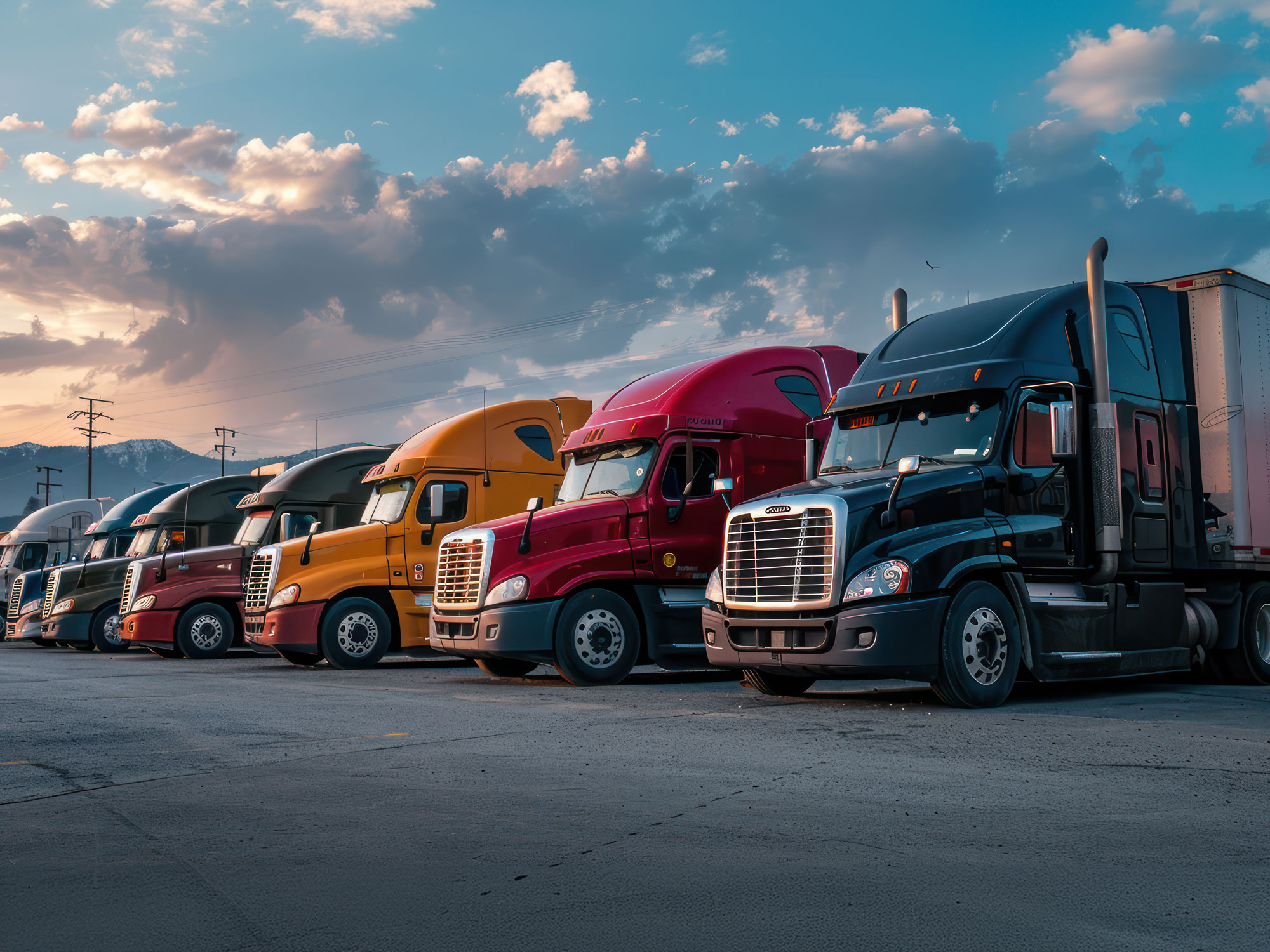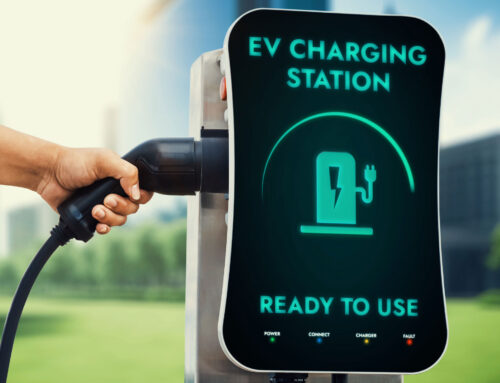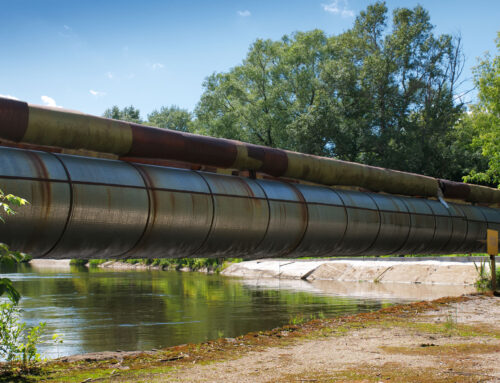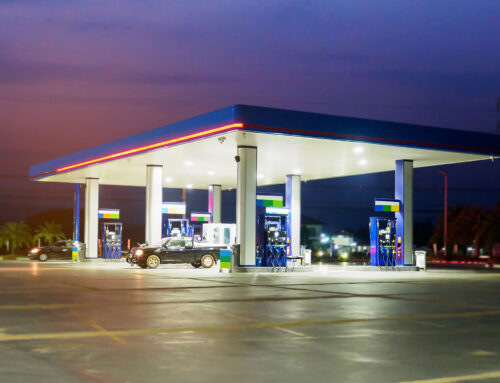Believe it or not, the modern truck stop, with EMV-compliant point-of-sale terminals and user-friendly kiosks with touchscreens, had humble beginnings in mail delivery.
During the mid-1800s, the U.S. struggled to provide speedy postal service from one side of the country to the other. The senator of California, William M. Gwin, convinced Congress to use a shorter route across the West; the federal government hired a freighting company to transport the mail. The result was the Pony Express. “Relay stations were placed 10 miles apart. Every third station was a home station, where extra ponies, firearms, men, and provisions were kept. Here, the mail would be handed over to a new rider,” reports the National Postal Museum.
Eventually, stagecoaches replaced horses, carrying more mail and more passengers. As they stopped to rest, they needed lodging and food.
We’ve come a long way–in transportation, in services offered, and in hospitality. In 2024, truck stops are the one-stop shop for all travelers’ needs, travelers who are seeking a quick and seemingly buyer experience. As truck stops evolve at an unbelievably rapid pace, here are three trends we expect to see more of in 2025.
1. Preparing for Electric and Hybrid Trucks.
Within the trucking industry, there is a tremendous push towards hybrid, electric, and even autonomous trucks.
Fleet Complete CEO Sandeep Kar, who penned a commentary in Freight 2025, said, “The rising momentum in electric powertrain adoption in trucking looks like yet another product-technology enhancement trend…Not only will these systems reduce carbon footprint and operating cost but also create the foundation for the integration of several more distributed electronics systems in trucks that will enable trucks to run safer, cleaner, and more connected with the world outside.”
As the push for electric trucks continues, expect truck stop franchises to develop a more robust charging infrastructure to accommodate long-distance trucking.
2. Ramping Up with Consumer Electric Vehicle Charging.
Within the consumer automotive industry, the adoption of electric vehicles is years ahead of the commercial sector, but the charging infrastructure is, unfortunately, still a limiting factor. According to McKinsey, electric vehicle sales are projected to reach 40 million by 2030. To meet the current charging demands of electric vehicles, the U.S. will need 9.5 million ports by 2025 and 28 million ports by 2030.
Anticipate truck stop owners to dramatically increase their stops’ charging capacity in the upcoming year as they feverishly work to capture the existing market of EV owners.
3. Improving the Customer Experience with AI.
Artificial intelligence has infiltrated nearly every aspect of business and our day-to-day lives. As truck stops compete for customers, watch for the advent of AI in customer interactions and communication: product suggestions, fuel savings, wait times, traffic and weather conditions.
Set Up Your Consultation With Financial Fuel Services
The team at Financial Fuel Services provides comprehensive equipment integration for truck stops across North America. We offer cost-effective payment processing solutions, helping your truck stop franchise eliminate unnecessary fees and facilitating EMV compliance. To learn more, contact us today and set up a consultation with our team.






